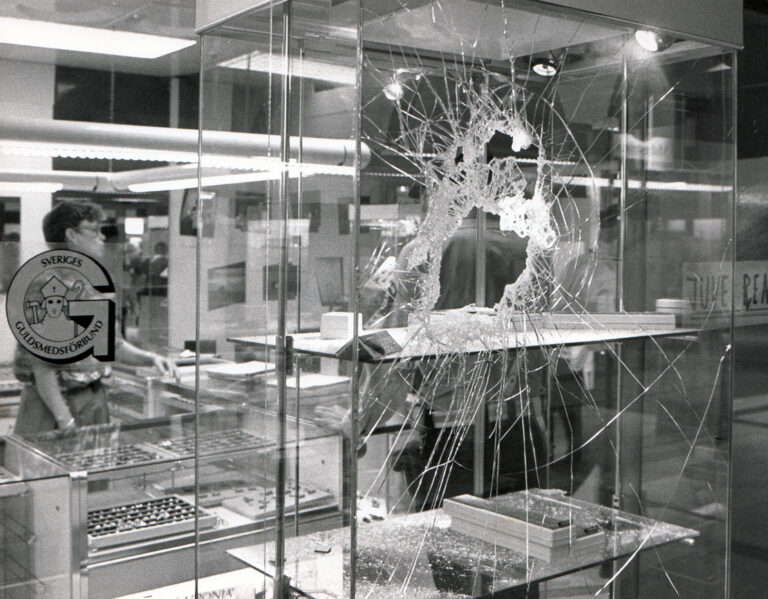The American low-cost carrier, Southwest Airlines, is incessantly referenced in all forms in non-fiction business literature as a case study for a Great company. Their zany workplace culture, loyal customers, and industry breaking profits make them an easy target. One quick story underlines the importance of knowing who your clients are (and who they are not):
One woman who frequently flew on Southwest, was constantly disappointed with every aspect of the company’s operation. In fact, she became known as the “Pen Pal” because after every flight she wrote in with a complaint.
She didn’t like the fact that the company didn’t assign seats; she didn’t like the absence of a first-class section; she didn’t like not having a meal in flight; she didn’t like Southwest’s boarding procedure; she didn’t like the flight attendants’ sporty uniforms and the casual atmosphere.
Her last letter, reciting a litany of complaints, momentarily stumped Southwest’s customer relations people. They bumped it up to Herb’s [Kelleher, CEO of Southwest] desk, with a note: ‘This one’s yours.’
In sixty seconds, Kelleher wrote back and said, ‘Dear Mrs. Crabapple, We will miss you. Love, Herb.’
The customer is not always right. It’s important for companies and teams to:
- Stand up for each other in the face of undue conflict with a client
- Part ways with clients when they’re not the right fit
ESPECIALLY when they’re a “big” client or represent a significant % of revenue.




